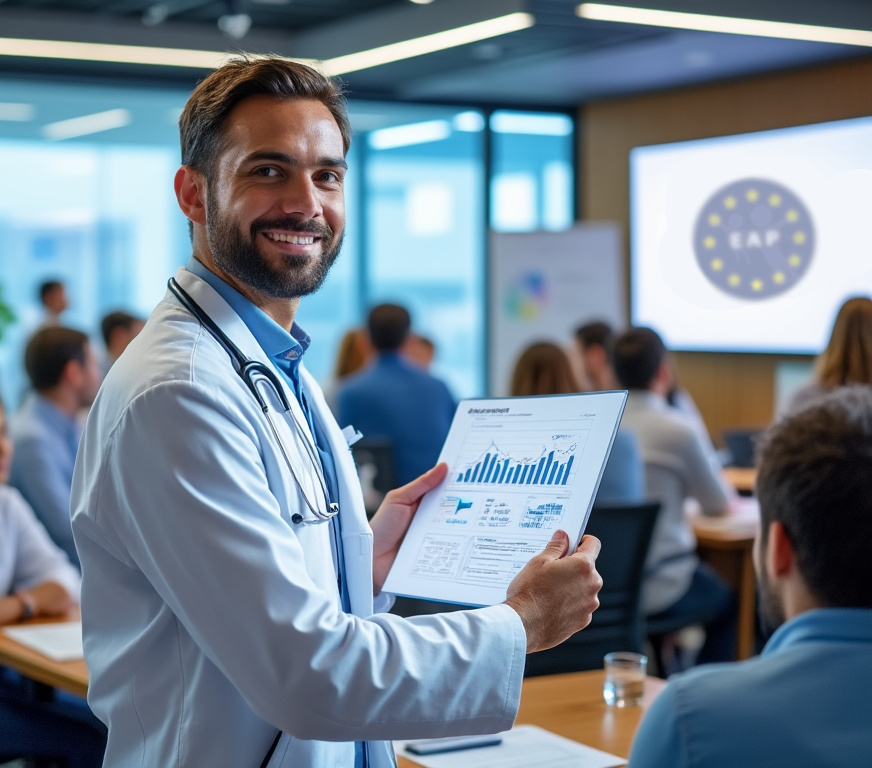
Strategic Advisory Group
The Refugees and Migrants in Europe – Adolescent and Child Health (REACH) group is an official Strategic Advisory Group of the EAP (European Academy of Paediatrics, Paediatric section of UEMS) which has been established in 2023 to promote health equity for pediatric migrants in Europe.
The group’s vision is that across Europe, migrants and refugees receive equitable quality of health care compared to their local peers, both in terms of access to and continuity of care. Further, paediatric migrant and refugee patients and their caregivers have equitable opportunities to communicate and build trusted relationships with health care professionals and collaborating disciplines.
To reach this vision, the group aims to assess, monitor and improve the health of paediatric migrants/refugees across Europe through interdisciplinary collaboration in the areas of education, research, and advocacy.
Are you an Eastern European paediatrician or a double expert passionate about migrant health? We invite you to join our Participatory Steering Committee (PSP) and contribute to shaping the future of paediatric migrant health research and advocacy. Contact us to learn more about how you can get involved!
REACH puts emphasis on migrant participation in all its activities. It follows an open tent approach and invites interested migrants and/or migrant health workers to participate in its bimonthly online meetings and projects.

New ways to test high-risk medical devices.
Manufacturers of medical devices need to test their products before being allowed to market them. Specifically, they require clinical data showing their medical device is safe and efficient. In this context, the EU-funded CORE-MD project will translate expert scientific and clinical evidence on study designs for evaluating high-risk medical devices into advice for EU regulators. The project will propose how new trial designs can contribute and suggest ways to aggregate real-world data from medical device registries.
It will also conduct multidisciplinary workshops to propose a hierarchy of levels of evidence from clinical investigations, as well as educational and training objectives for all stakeholders, to build expertise in regulatory science in Europe. CORE–MD will translate expert scientific and clinical evidence on study designs for evaluating high-risk medical devices into advice for EU regulators, to achieve an appropriate balance between innovation, safety, and effectiveness. A unique collaboration between medical associations, regulatory agencies, notified bodies, academic institutions, patients’ groups, and health technology assessment agencies, will systematically review methodologies for the clinical investigation of high-risk medical devices, recommend how new trial designs can contribute, and advise on methods for aggregating real-world data from medical device registries with experience from clinical practice The consortium is led by the European Society of Cardiology and the European Federation of National Associations of Orthopaedics and Traumatology, and involves all 33 specialist medical associations that are members of the Biomedical Alliance in Europe.